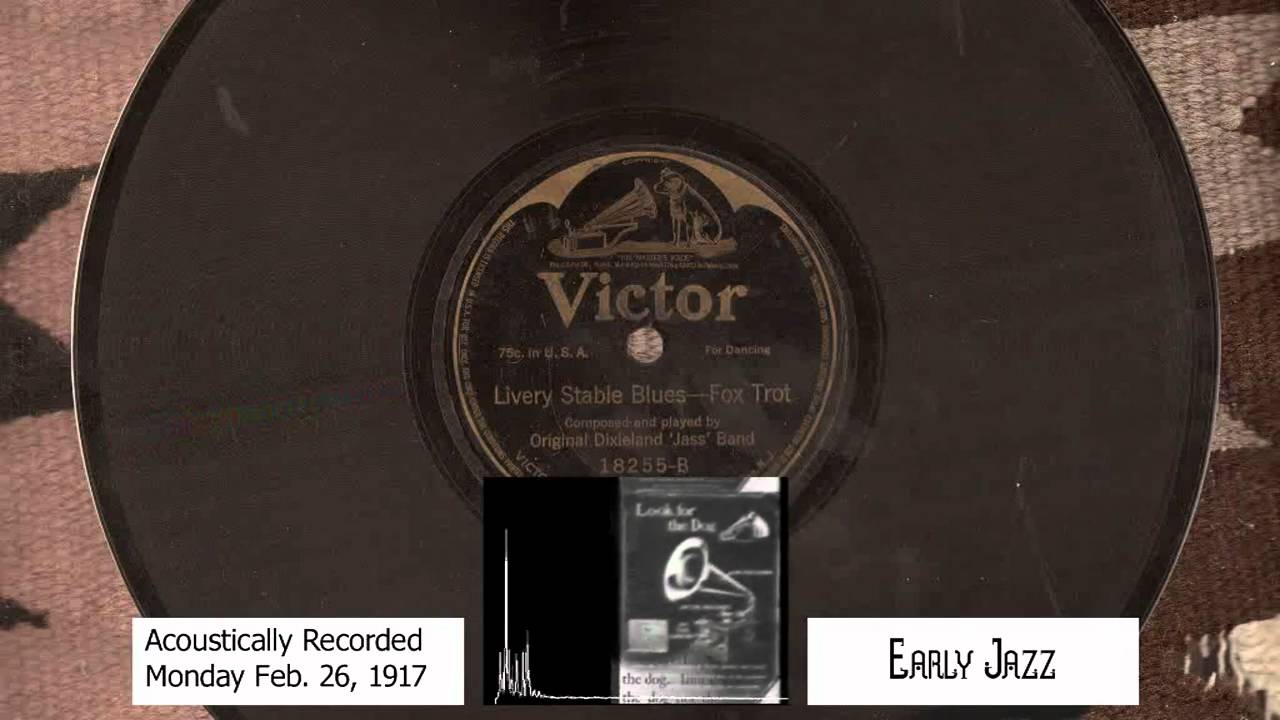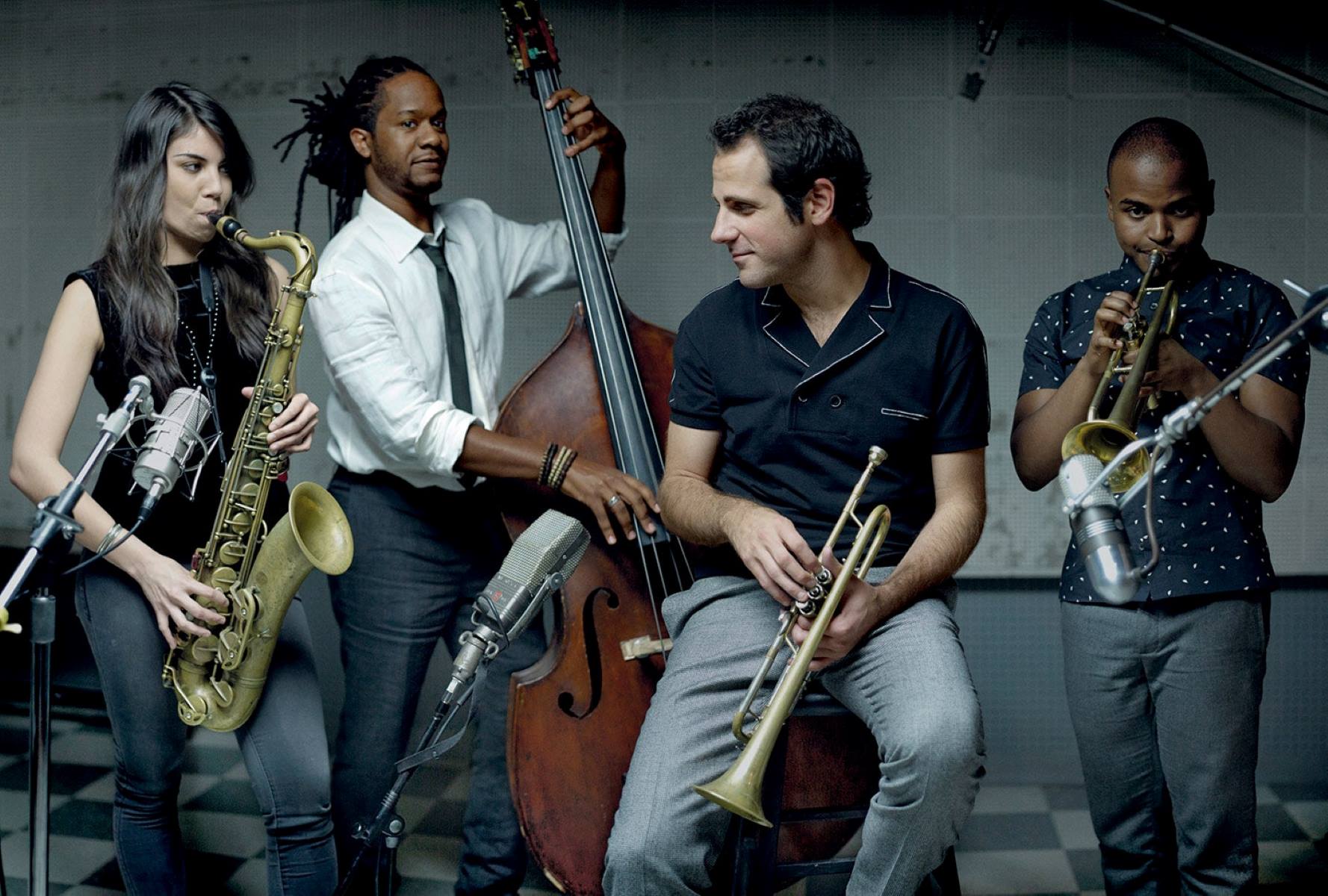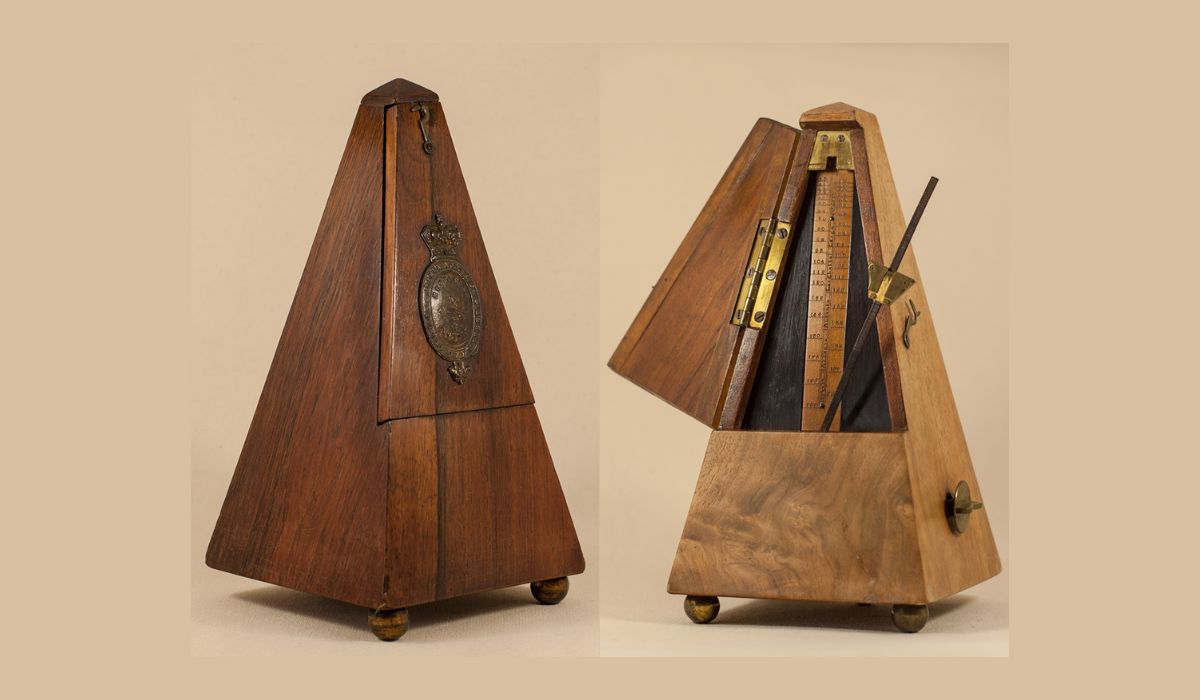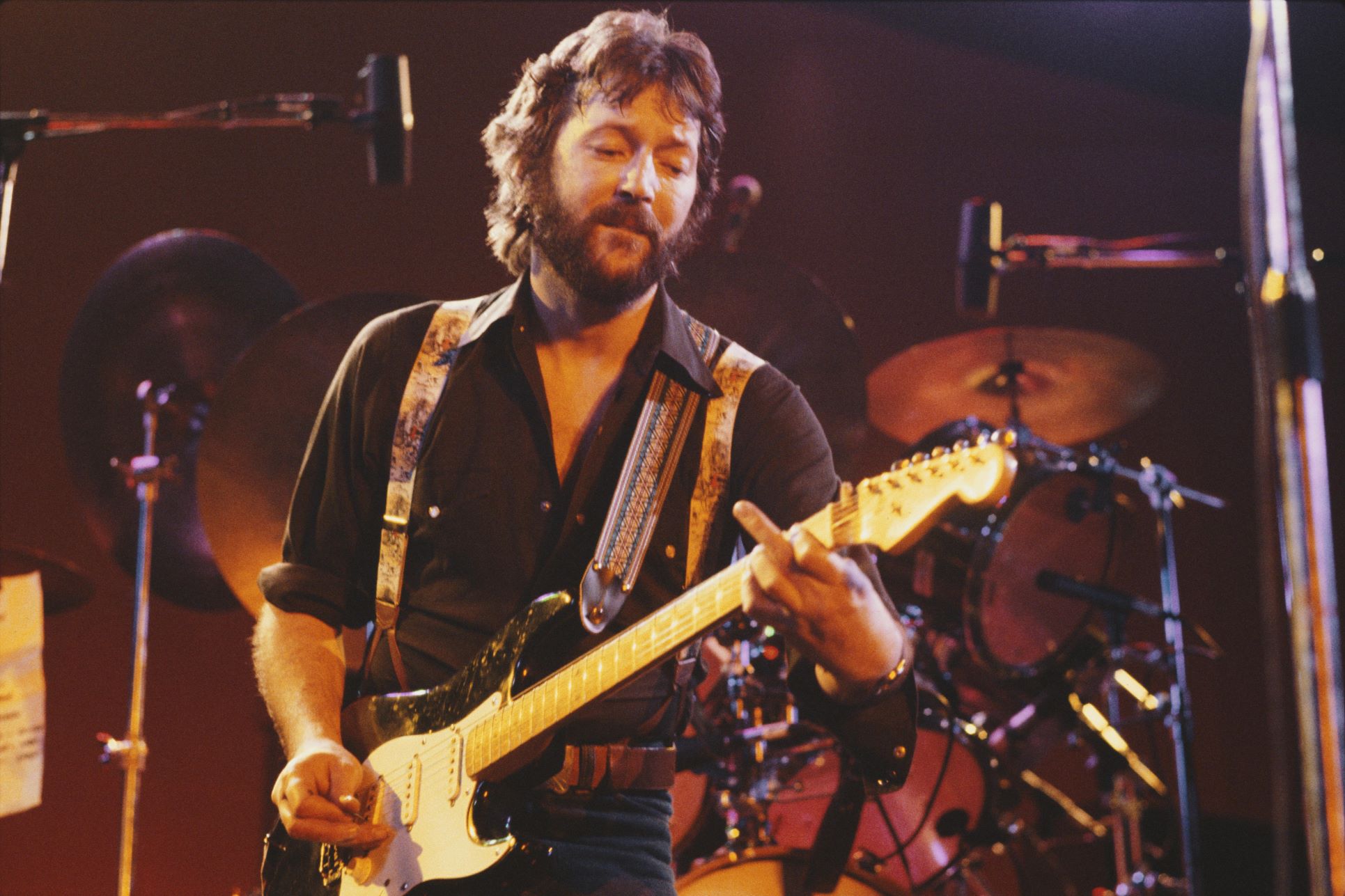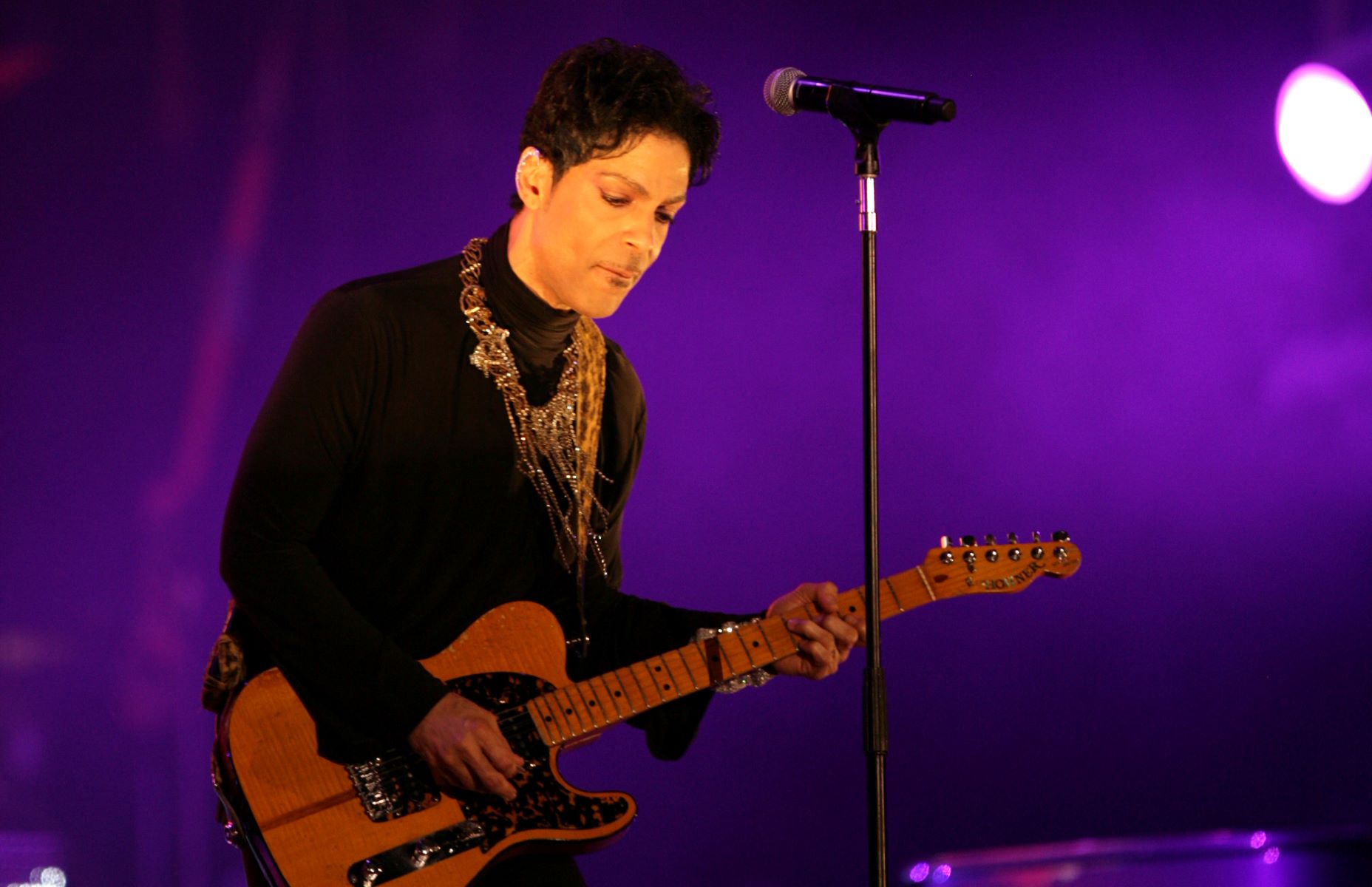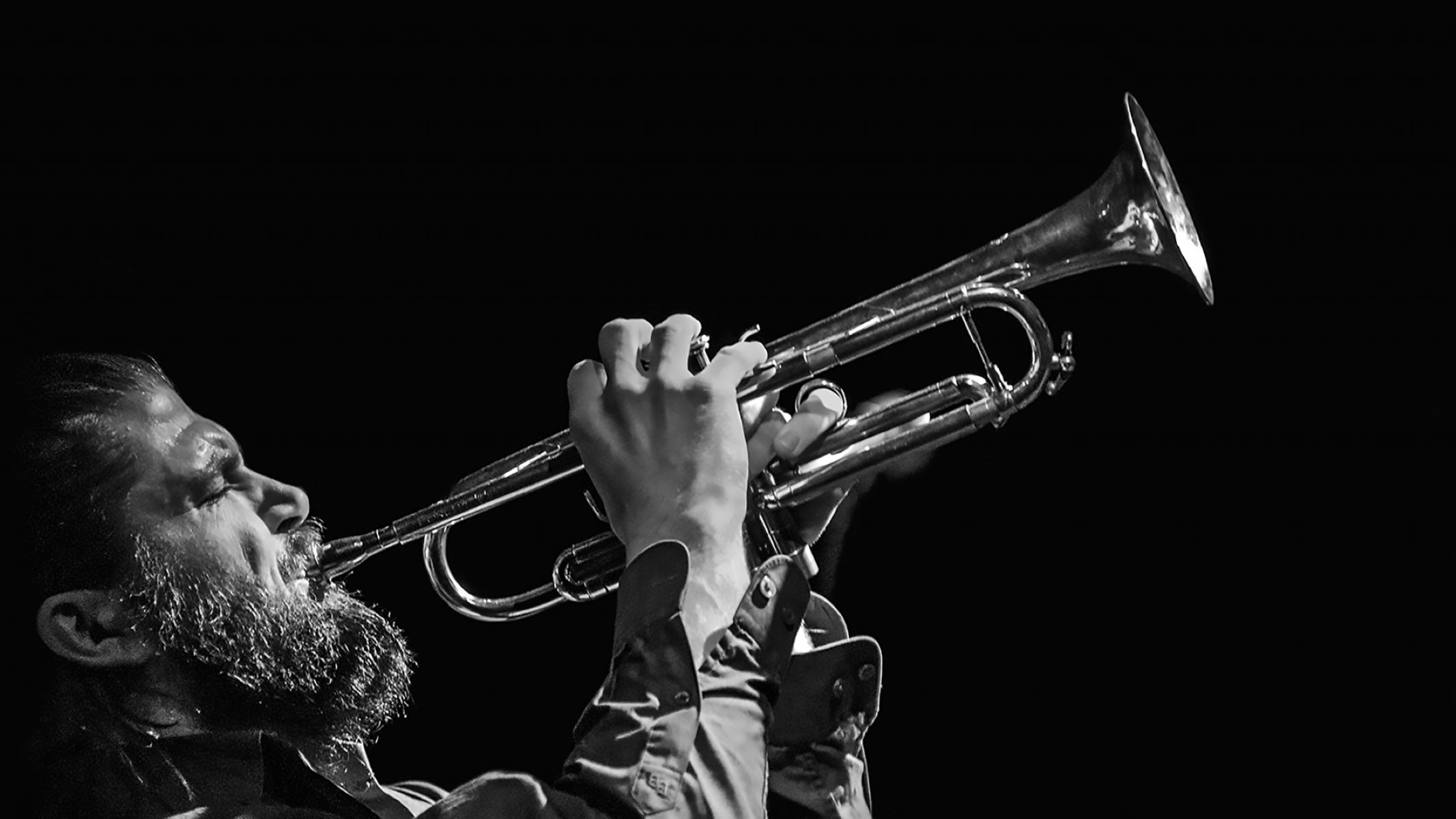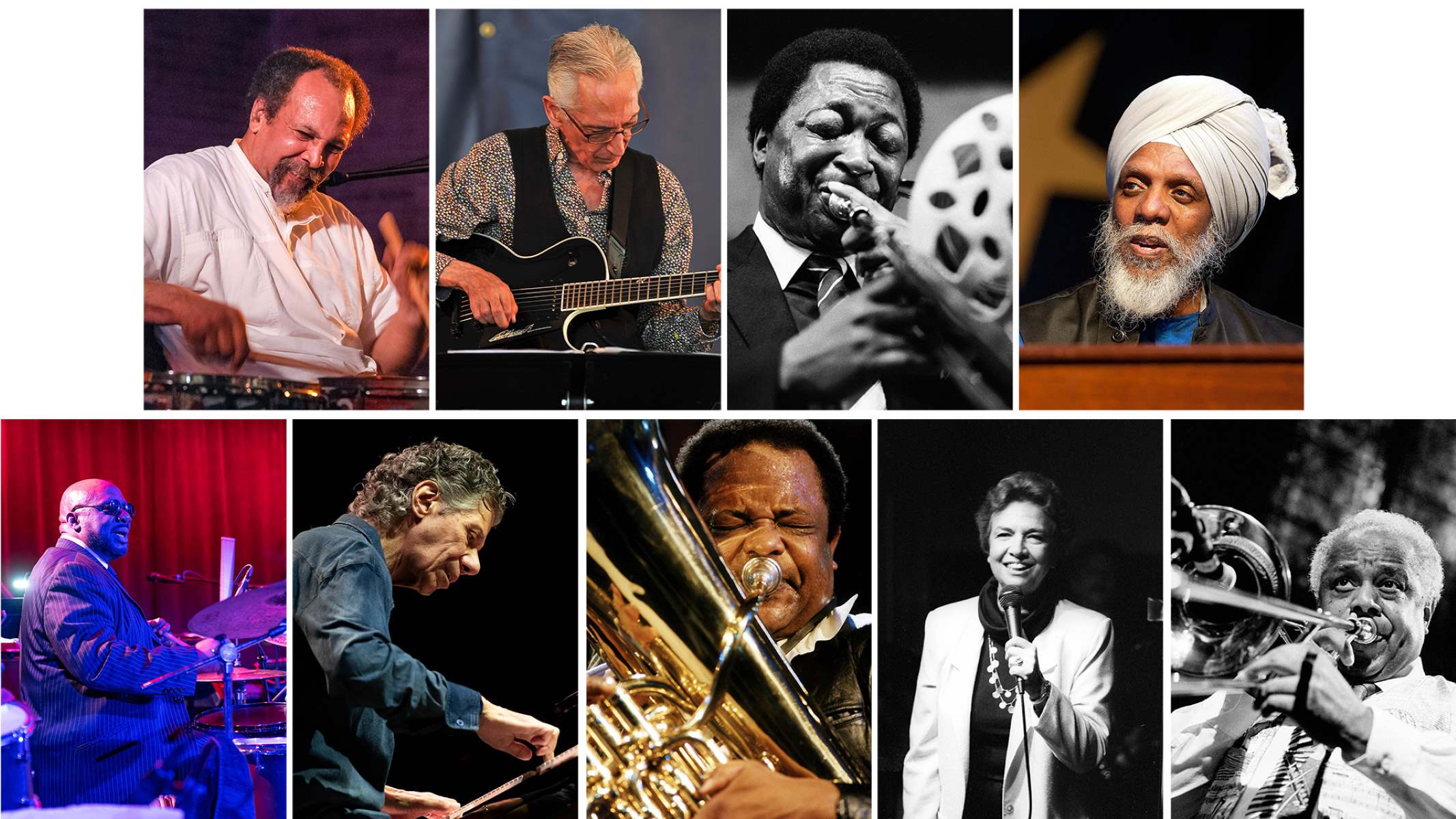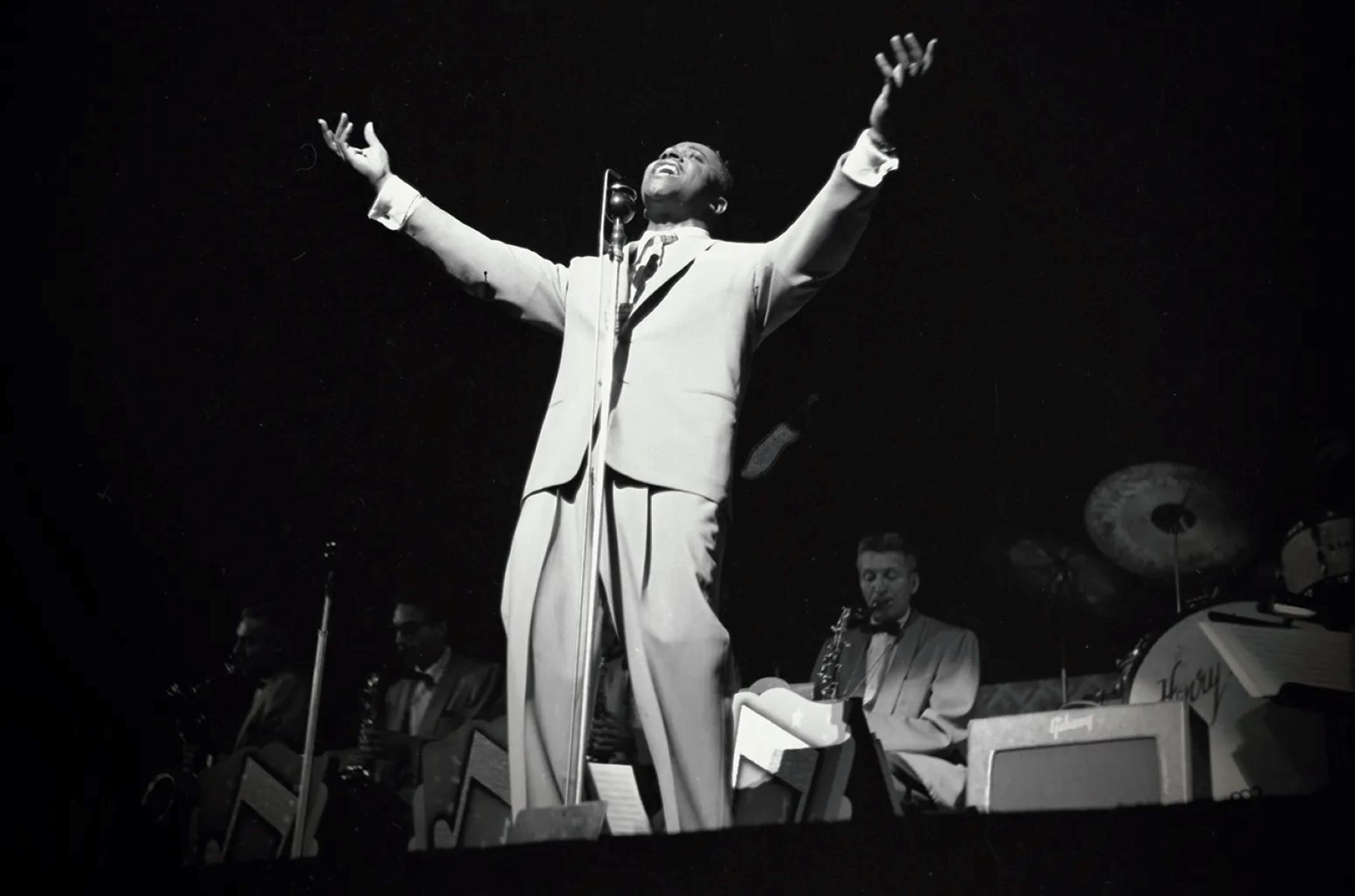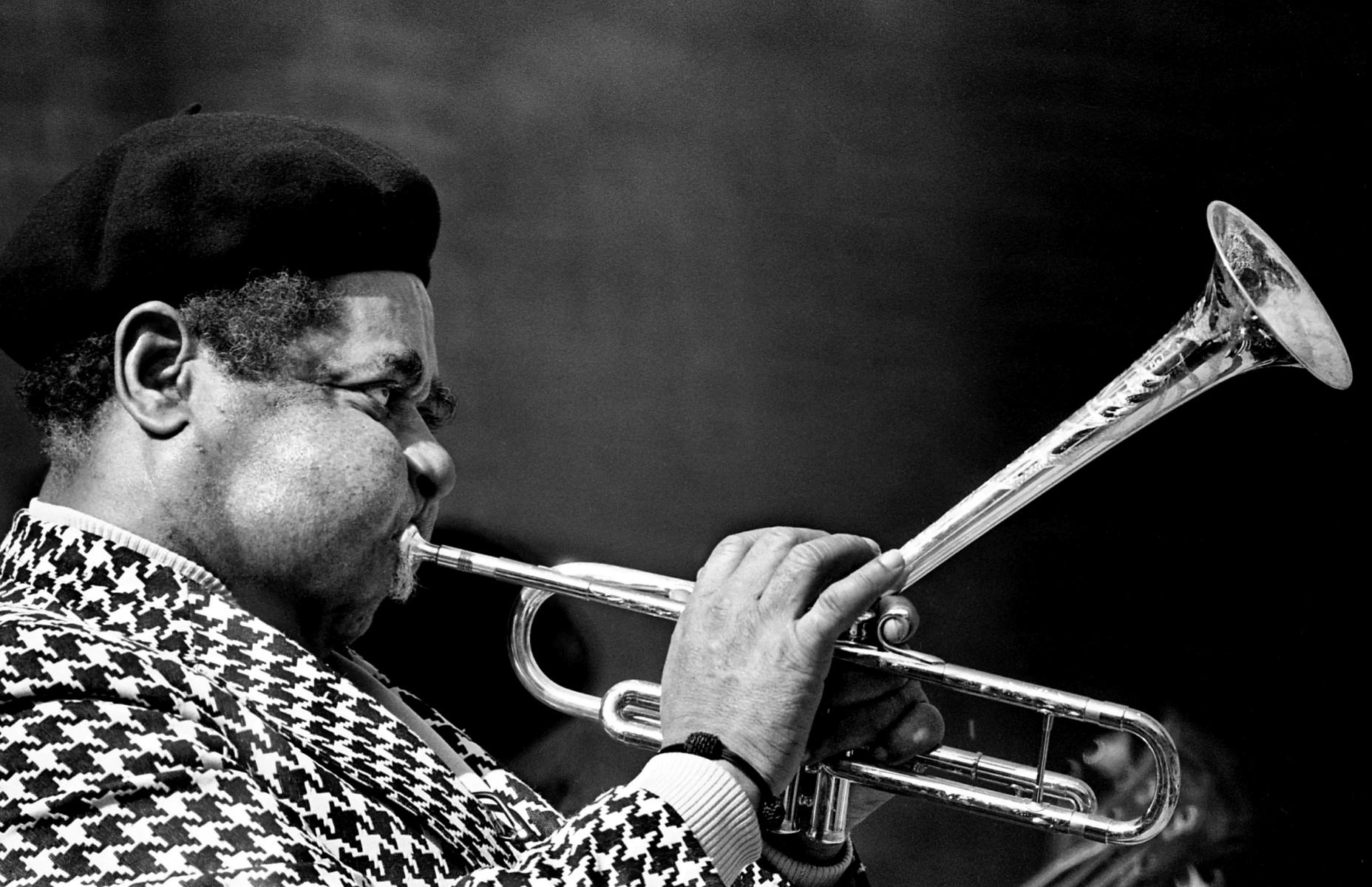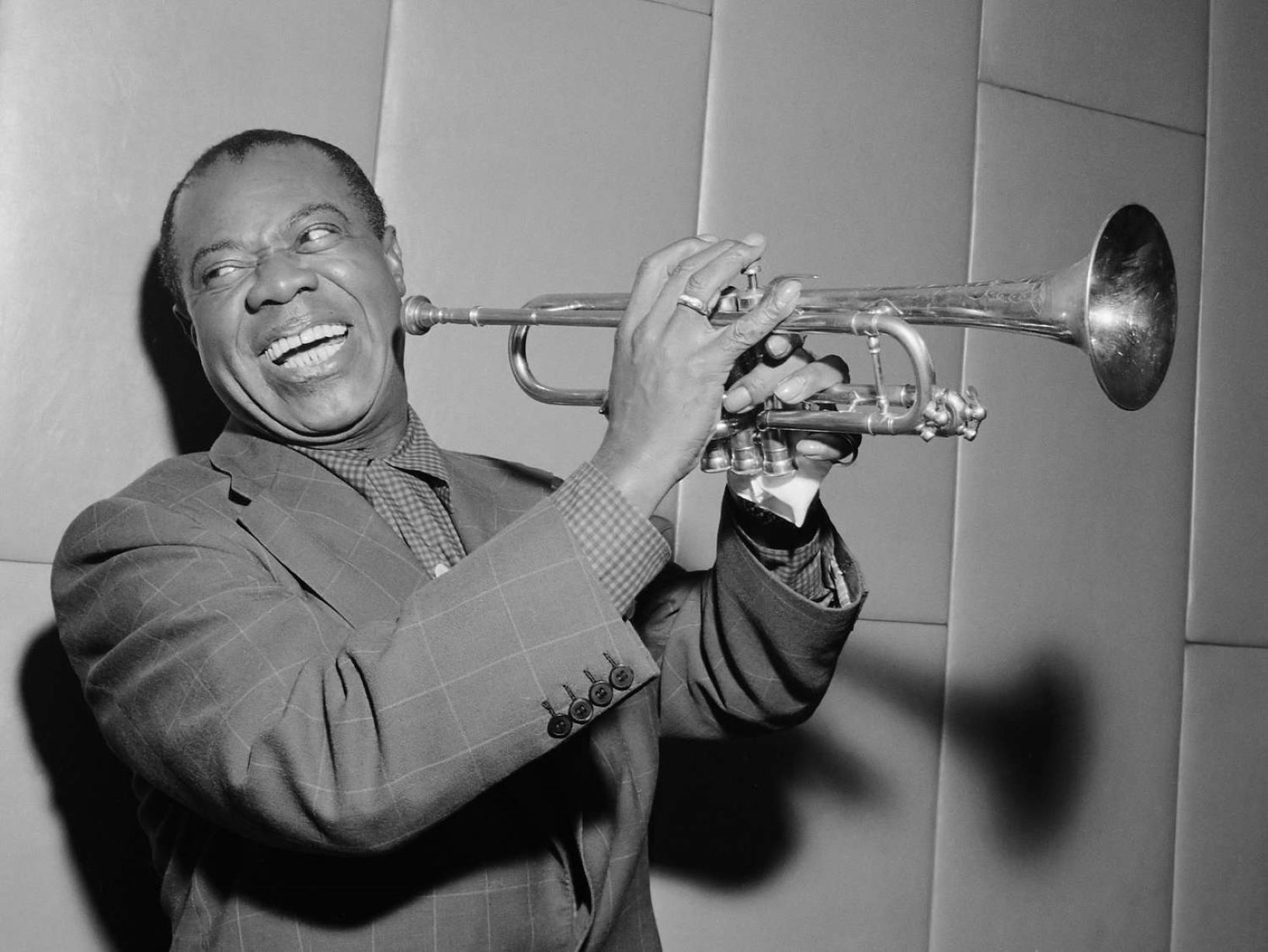

Jazz
Who Was The First Jazz Musician
Modified: January 28, 2024
Discover the intriguing history of jazz and learn about the influential first jazz musician who paved the way for this iconic genre.
(Many of the links in this article redirect to a specific reviewed product. Your purchase of these products through affiliate links helps to generate commission for AudioLover.com, at no extra cost. Learn more)
Table of Contents
Introduction
Jazz is a genre of music that originated in the African-American communities of New Orleans, United States, in the late 19th and early 20th centuries. Known for its syncopated rhythms, improvisation, and unique blend of musical influences, jazz has become a global phenomenon, captivating audiences with its expressive melodies and infectious energy.
But who was the first jazz musician? This question has been the subject of much debate and discussion among musicologists and historians. While it is difficult to pinpoint a singular individual who can be credited as the “first” jazz musician, there are several notable figures who played significant roles in shaping the genre.
In this article, we will explore the early origins of jazz music, the emergence of the first jazz musician, and the controversies surrounding this topic. We will also delve into some of the notable candidates who could potentially hold the title of the first jazz musician. Lastly, we will evaluate the contributions of these musicians in shaping the vibrant and influential genre that we know today as jazz.
Early origins of jazz music
The roots of jazz can be traced back to the diverse musical traditions and cultural influences that coexisted in the late 19th century New Orleans. The city’s vibrant and multicultural atmosphere contributed to the development of a unique musical melting pot.
One of the key influences on jazz was the presence of African slaves and their descendants, who brought with them a rich musical heritage. African musical traditions, with their intricate rhythms and call-and-response patterns, became an integral part of the emerging jazz sound.
Another important factor was the influence of European music, brought by French and Spanish colonizers, as well as Creole musicians. Elements of classical music, brass bands, and European dance tunes were blended with the African musical traditions, creating a distinct and dynamic sound.
Additionally, the presence of Caribbean and Latin American immigrants in New Orleans added yet another layer of influence to the evolving jazz music. The syncopated rhythms and infectious grooves of the Caribbean and Latin American music found their way into early jazz compositions and improvisations.
It is also worth mentioning the role of the marching bands and brass bands that were prevalent in New Orleans during that time. These bands often played at parades, funerals, and other social gatherings, showcasing their skills in improvisation and collective playing. Their lively and energetic performances laid the foundation for the spontaneous and interactive nature of jazz music.
As these diverse musical traditions and cultural influences intertwined and collided in New Orleans, a new style of music took shape. This early form of jazz was characterized by its improvisational nature, polyrhythms, and the use of blues scales. Musicians would often gather in informal settings, such as dance halls, bars, and street corners, to jam together and create music on the spot.
While the exact origins of jazz music are difficult to pinpoint, it is clear that its development was a collaborative effort, born out of the fusion of various musical traditions and the unique cultural context of New Orleans.
The emergence of the first jazz musician
The concept of a “first” jazz musician is a complex one. Jazz music emerged gradually, evolving from a blend of African, European, and Caribbean musical traditions in New Orleans. Rather than attributing its creation to a single individual, it is more accurate to understand jazz as a collective effort, with multiple musicians contributing to its development.
During the late 19th century and early 20th century, New Orleans was a hotbed of musical activity. Brass bands, street performers, and dance orchestras were common sights in the city. These musicians would often incorporate elements of blues, ragtime, and traditional African music into their performances, setting the stage for the birth of jazz.
While there were no official recordings or documentation of the very first jazz performance, historians have pieced together a timeline of early jazz musicians based on oral history, written accounts, and available recordings from the era.
One important figure in the emergence of jazz was Buddy Bolden, a cornet player from New Orleans. Bolden is often credited as one of the pioneers of jazz, known for his innovative playing style and improvisational skills. Unfortunately, no known recordings of Bolden exist, leaving us with only written accounts of his performances.
Another influential musician was Ferdinand “Jelly Roll” Morton, a pianist and composer who claimed to have invented jazz. Morton’s recordings from the 1920s showcase his unique style, blending ragtime, blues, and improvisation.
Other notable early jazz musicians include King Oliver, Louis Armstrong, and Sidney Bechet. These musicians played a significant role in popularizing jazz and pushing its boundaries through their recordings and performances.
It is important to note that the emergence of jazz was not a linear process. Multiple musicians in different cities were experimenting with similar musical styles and contributing to the development of the genre simultaneously. Jazz was also spreading beyond New Orleans, with musicians from other cities such as Chicago and New York making their mark.
While it may be difficult to pinpoint a singular individual as the first jazz musician, it is clear that a collective effort, fueled by the creative genius of numerous talented musicians, paved the way for the birth and evolution of jazz music.
Controversies surrounding the first jazz musician
The question of who exactly can be hailed as the “first” jazz musician is a subject of ongoing debate and controversy in the world of jazz music. Due to the nature of the genre’s development, which was characterized by collective improvisation and a blend of various musical influences, it is challenging to attribute its creation to a single individual.
One of the main challenges in pinpointing the first jazz musician is the lack of recorded evidence from the early days of jazz. Many of the groundbreaking musicians who played key roles in shaping the genre’s sound, such as Buddy Bolden and Ferdinand “Jelly Roll” Morton, were active before the advent of commercial recording technology. As a result, their musical contributions are often based on historical accounts and anecdotes, leaving room for interpretation and speculation.
Another controversy surrounding the first jazz musician revolves around the definition of jazz itself. Jazz is an ever-evolving genre, and its early forms bore similarities to other musical styles such as ragtime and blues. Some argue that the distinction between these styles is blurred, making it difficult to determine who can be considered the first jazz musician.
Furthermore, the emergence of jazz was not confined to a single city or region. While New Orleans is often regarded as the birthplace of jazz, musicians in cities like Chicago, New York, and Kansas City were simultaneously experimenting with similar musical styles and making significant contributions to the genre’s development. This decentralization of innovation in jazz further complicates the task of identifying a singular first jazz musician.
It is also important to acknowledge the contributions of lesser-known musicians who may have played pivotal roles in the early development of jazz. Due to limitations in historical documentation and recognition, many influential musicians from marginalized communities may have been overlooked or forgotten, making it even more challenging to attribute the invention of jazz to a specific individual.
Ultimately, the controversies surrounding the first jazz musician reflect the organic and collaborative nature of the genre’s creation. Jazz music was the result of a collective effort, influenced by various cultural traditions and nurtured by numerous talented musicians. Rather than singling out a single individual, it is more appropriate to recognize and celebrate the collective contributions of all those who helped shape this influential and ever-evolving genre.
Notable candidates for the first jazz musician
While it is challenging to determine the first jazz musician, there are several notable candidates who played significant roles in the early development of the genre.
One prominent figure often mentioned in discussions about the first jazz musician is Buddy Bolden. Known as “King Bolden,” he was a cornet player from New Orleans in the late 19th century. Bolden’s powerful and innovative playing style, coupled with his ability to improvise, earns him a significant place in the history of jazz. Although no recordings of Bolden’s music exist, accounts from contemporaries suggest that his performances were electrifying and groundbreaking.
Ferdinand “Jelly Roll” Morton is another musician closely associated with the birth of jazz. As a pianist, bandleader, and composer, Morton claimed to have invented jazz music. His recordings from the 1920s exhibit a fusion of influences, including ragtime, blues, and early jazz. Morton’s compositions and arrangements showcased the syncopated rhythms and improvisational spirit that would define jazz.
Louis Armstrong, often referred to as the “Father of Jazz,” is undoubtedly a monumental figure in the genre’s history. His virtuosic trumpet playing and unique vocal style revolutionized jazz and influenced countless musicians. Armstrong’s improvisational skills, innovative phrasing, and emotive expressiveness set new standards for jazz musicianship.
Sidney Bechet, a renowned clarinetist and soprano saxophonist, is also considered a strong candidate for one of the early pioneers of jazz. Bechet’s distinctive style blended elements of New Orleans jazz, the blues, and European classical music. His virtuosity on the instrument, combined with his emotive and expressive playing, left a lasting impact on the genre.
Other notable musicians who made significant contributions to the early development of jazz include Joe “King” Oliver, a cornetist and bandleader known for his mentorship of Louis Armstrong, and Jelly Roll Morton’s Red Hot Peppers, a band that recorded groundbreaking jazz compositions in the 1920s.
It is essential to recognize that the contributions of these musicians, along with many others not mentioned here, were part of a larger collective effort that shaped jazz music. They pushed the boundaries of musical conventions, built upon existing traditions, and laid the foundation for the future generations of jazz musicians to come.
Evaluating the contributions of early jazz musicians
The early jazz musicians made invaluable contributions that laid the groundwork for the development and evolution of the genre. Their artistic vision, innovative techniques, and creative collaborations played a crucial role in shaping the distinct characteristics of jazz music.
One of the key contributions of early jazz musicians was the emphasis on improvisation. They broke away from traditional musical structures, allowing for spontaneous and individual expression within the music. This improvisational approach became a defining feature of jazz, giving musicians the freedom to showcase their skills, creativity, and personal style.
Another significant contribution was the integration of African musical elements, such as syncopated rhythms and call-and-response patterns, into jazz music. Early jazz musicians recognized the richness and depth of African musical traditions and incorporated these elements into their performances, adding a distinctive rhythmic complexity to the genre.
Early jazz musicians also played a pivotal role in expanding the role of soloists within a musical ensemble. By featuring solo performances and showcasing the individual talents of musicians, they brought forward a new level of virtuosity and expression to jazz. This shift from collective playing to highlighting individual voices became a signature characteristic of the genre.
The early jazz musicians played a crucial role in popularizing the genre. Through their recordings and live performances, they helped bring jazz to a wider audience. Notable figures like Louis Armstrong and Jelly Roll Morton became household names in the music industry, introducing jazz to new listeners and influencing future generations of musicians.
Additionally, the early jazz musicians were key contributors to the development of jazz as a platform for social commentary. They used their music to reflect the struggles, joys, and experiences of the African-American community during a time of racial discrimination and segregation. Jazz became a powerful medium for expressing their lived realities and advocating for social change.
Furthermore, these musicians established a foundation for the collaborative nature of jazz. Their sessions and jam sessions became incubators for creativity, where musicians exchanged ideas, developed new techniques, and evolved the genre collectively. This spirit of collaboration and innovation continues to be a hallmark of jazz music today.
In evaluating the contributions of early jazz musicians, it is important to recognize that their impact extends beyond the notes they played and the recordings they left behind. They paved the way for future generations of jazz musicians to build upon their legacy, shaping the genre into an ever-evolving and influential art form.
Conclusion
Jazz music, with its rich history and diverse influences, is a genre that defies easy categorization. While the question of the first jazz musician remains open to interpretation, it is clear that the birth and development of jazz was a collective effort involving numerous talented musicians and a convergence of various cultural traditions.
The early origins of jazz in New Orleans, with its blend of African, European, and Caribbean musical influences, set the stage for the emergence of a new and exciting sound. Musicians like Buddy Bolden, Jelly Roll Morton, Louis Armstrong, and Sidney Bechet played pivotal roles in shaping the genre, pushing the boundaries of musical expression and paving the way for future generations of jazz artists.
The controversies surrounding the first jazz musician underline the organic and collaborative nature of jazz’s development. Jazz music is a testament to the power of cultural exchange and artistic innovation, bolstered by the contributions of numerous talented individuals.
Furthermore, the early jazz musicians’ contributions extended beyond their musical prowess. They championed themes of improvisation, individual expression, social commentary, and collaboration, which continue to define the spirit of jazz music today.
In conclusion, while we may not be able to pinpoint a definitive “first” jazz musician, it is important to recognize the collective efforts of all the early jazz musicians who shaped the genre. Their creativity, innovation, and musical genius laid the foundation for a truly unique and influential form of music that continues to captivate audiences worldwide.

